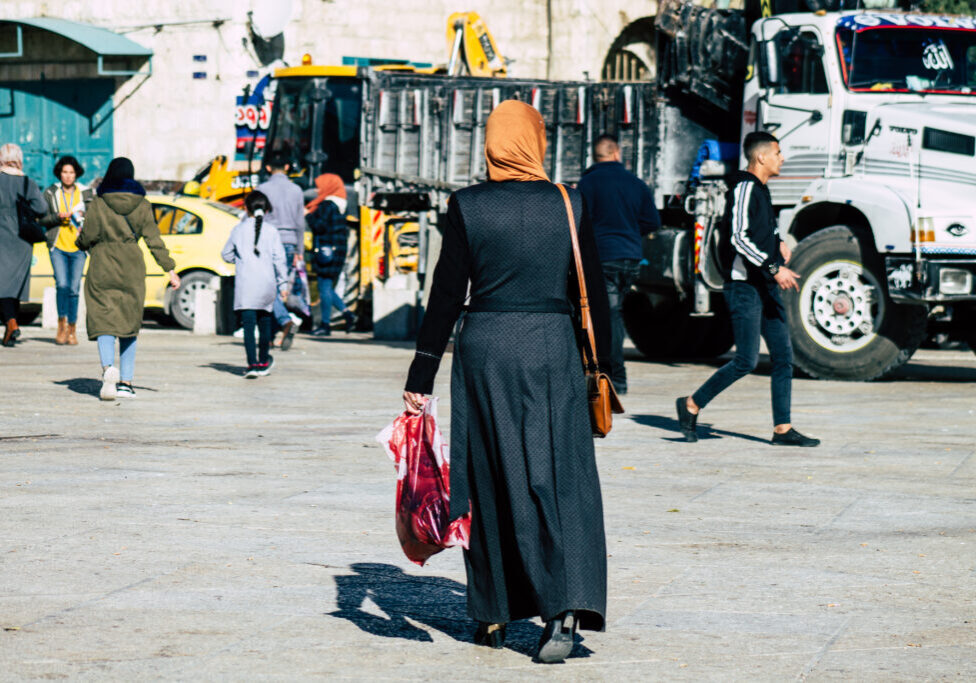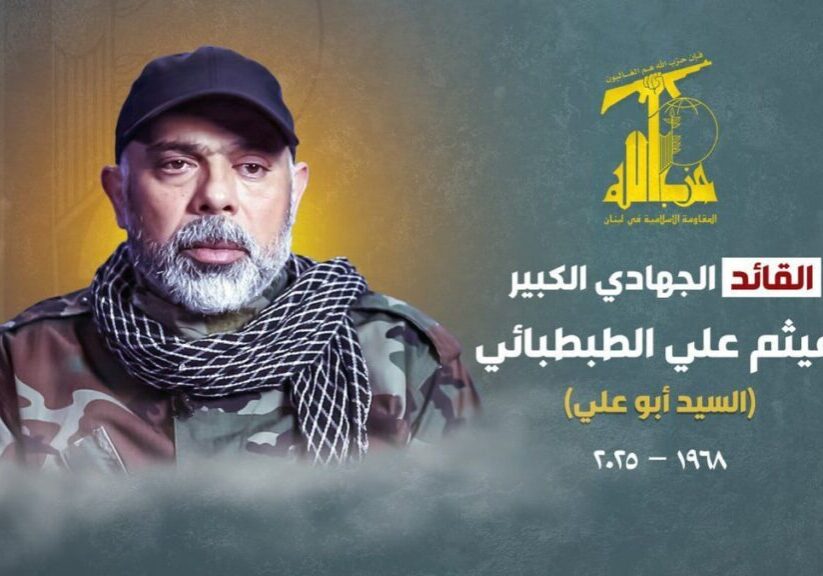Australia/Israel Review
Deconstruction Zone: Why is Gaza so broke?
Mar 2, 2018 | Jonathan Tobin

Gaza is broke. As a front-page New York Times feature on Feb. 11 explained at length, the conflict between the Gaza Strip’s Hamas overlords and the Fatah party that runs the West Bank has resulted in a cash crunch that has left many of the area’s two million people without money. Along with Gaza’s inadequate infrastructure, the resulting poverty from this crisis contributes to a general picture of despair for many Palestinians.
Of course, the notion that everyone in Gaza is starving is an exaggeration. Gaza’s thriving malls continue to operate, as do its water park, restaurants and hotels – inconvenient facts that are missing from the Times story and most of the coverage of the current crisis.
But even if talk of a humanitarian crisis in Gaza is probably exaggerated, there’s no question that most of the people there are poor and have little hope of improving their plight.
This means, as it almost always does, that Israel will be blamed for this awful situation. Since most of the world believes that Israel is still “occupying” Gaza, and is therefore responsible for the coastal territory’s problems, it is only natural that the worse things get there, the more opprobrium will be directed at the Jewish state.
This is wrong – but not just because Israel hasn’t occupied Gaza since 2005.
That year, then Prime Minister Ariel Sharon withdrew every Israeli soldier, settler and settlement from Gaza. The international community cheered when philanthropists purchased the greenhouses built by Jews in order to give them to the Palestinians. The intent was to allow Gaza to become an incubator of development and peace. But within hours of the withdrawal, the greenhouses were demolished by angry Palestinian mobs determined to erase every trace of the Jewish presence.
This goes a long way towards explaining why poverty is endemic in Gaza. It’s true that Israel has blockaded the territory since Hamas seized control of it in a bloody 2007 coup, though it has continued to allow food and medical supplies in, and to often pay for Gaza’s electricity. But Egypt has also severely restricted entry to Gaza. Both countries did so because they are rightly determined to isolate the Islamist terrorist state.
The financial crunch was exacerbated when the Palestinian Authority (PA) began to squeeze Hamas by cutting off its financial contributions to Gaza in order to force the Islamists there to cede power. There have been two sets of public employees in Gaza – one paid by Hamas and the other paid by the PA. The current money crunch means that tens of thousands of people in both groups are now out of cash.
But Gaza’s problems go deeper than the question of who pays for Hamas and Fatah patronage jobs. If Gaza is poor, it’s because the welfare of the Palestinian people – or building a functioning state – has never been the primary goal of either Hamas or Fatah.
The United Nations pays for schools and other services via its UNRWA refugee agency, which exists to keep Palestinian refugees in place in order to perpetuate the conflict with Israel. Just as importantly, foreign donors have poured billions into both the West Bank and Gaza over the past two decades. Yet little of that money has been spent on providing a better life for the people of Gaza.
The reason is that almost all of these resources have instead been used to pay for Hamas’ military efforts. Vast sums have been spent on creating enormous underground bunkers for Hamas leaders and fighters, and to store their missiles and other weapons.
Just as much has been spent on building an equally vast network of tunnels aimed at burrowing under the Israeli border. The purpose of this was to facilitate murder and kidnapping raids into the Jewish state, as we saw during the Israel-Hamas war in 2014. Since then, even more terror tunnels have been built, and Israel has been forced to build an underground barrier to prevent this tactic from succeeding.
If the focus of Palestinian nationalism had been on state-building and allowing the economy and vital services to thrive, the people of Gaza wouldn’t be in this fix.
That’s why the people of Gaza and their rulers need to look in the mirror when they talk about their plight. Blaming Israel, Egypt, or the indifference of the world for their situation ignores the fact that the cash crunch and grinding poverty of many Gazans are the inevitable result of their own choices.
That doesn’t mean that we shouldn’t have some sympathy for them, or that efforts to ameliorate their plight shouldn’t be undertaken. But those who wish to help must – as the US is belatedly doing – demand that the Palestinians stop spending money on terror. Until they do, philanthropic intentions won’t do a thing to change the situation.
Jonathan S. Tobin is Editor in Chief of JNS – the Jewish News Syndicate. © Jns.org, reprinted by permission, all rights reserved.
Tags: Hamas






